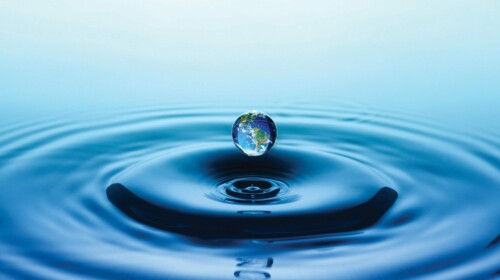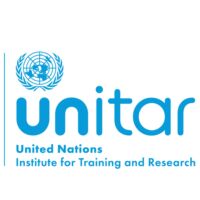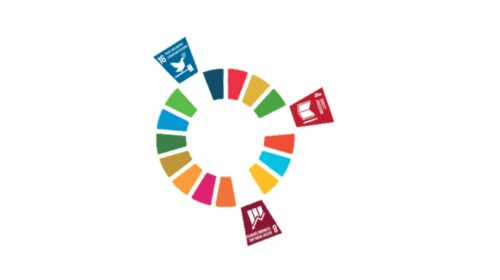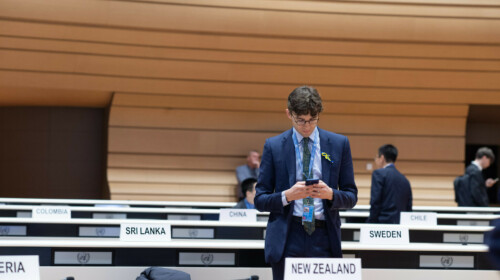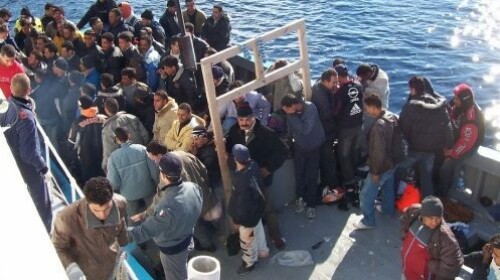Water is every living organism’s common denominator. Societies depend on it for their own subsistence and growth, and go great lengths to ensure water secure futures. But freshwater is not, in essence and in practice, an egalitarian resource and its accessibility to some often means inaccessibility to others. With unprecedented population growth, new emerging economies and the effects of climate change, pressures on our finite freshwater resources are increasing. Meanwhile, the ability of some nations to secure their aqueous requirements is being severely challenged, causing great and legitimate concern that tensions around water hotspots will intensify among water users. Yet, water holds an immense potential for cooperation which has still to be understood and empowered. Water is and will remain at the heart of international peace and security, the defense of human rights and the imperative for sustainable development paths. An increasingly strong and coordinated response is therefore expected from the international community in order to raise awareness, mitigate conflict, and build cooperation from the growing challenges posed by water between sovereign states.
This e-learning course has been developed by UNITAR’s Multilateral Diplomacy Programme, in partnership with the University of East Anglia Water Security Research Centre and the UNESCO International Hydrological Programme, and aims to enhance participants’ appreciation of how, through understanding water’s conflict potential, we can promote and develop efficient and sustainable cooperation tracks. The course will run over 4 weeks, each week introducing the key facts, national and international frameworks guiding water use and management, negotiation and mediation techniques, and concrete tools for effective cooperation around water for the benefit of human rights, development and growth, and international peace and security. The course lesson materials will be complemented by discussion forums, video links, additional readings and a final practical exercise designed to enhance the participants’ learning experience and understanding of the challenges underlying effective water cooperation.
Target Audience
The course targets mid to senior-level government officers in ministries preparing for and/or taking part in conferences in relation to climate change as well as staff of intergovernmental / nongovernmental organizations. It also targets entry-level and mid-career diplomats working in a multilateral setting. Private sector specialists and students whose work or studies are related to this subject are also encouraged to apply.
Learning Objectives
- Describe major contemporary stressors influencing freshwater availability and their impact on achieving national security goals;
- Identify water's potential for conflict and identify some of the world’s main water "hotspots";
- Recognize water’s cooperation potential and the benefits to be drawn from collaborative transboundary water management between state actors;
- Analyze how diplomatic methods based on dialogue may be used to encourage mutuallybeneficial problem-to-solution processes;
- Define the importance and structure of transnational water management institutions in their role to consolidate and sustain the benefits of cooperation around water.

